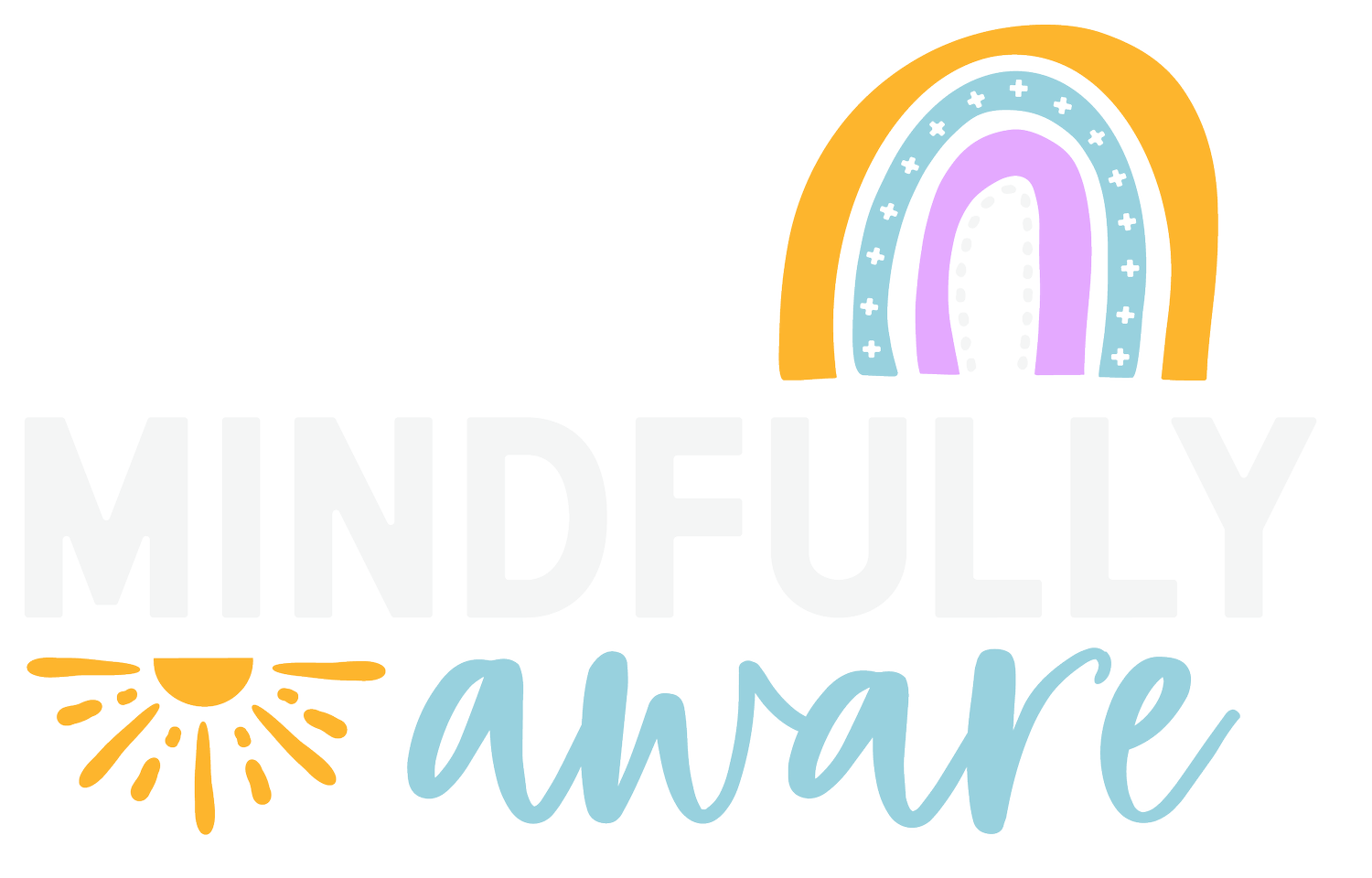
Organizational Change
Addressing Change in PreK-12 NJ Schools
A solid researched-based Sexual Abuse Prevention curriculum can best be inserted into an organizations existing systems. This can be created under
Safety
Wellness
Sex Education (middle school and up)
We are here to assist organizations to create a multi-layered approach to child safety by utilizing our expanding ICB-certified curriculum into already existing programs. Mindfully Aware always keeps the child at the center therefore creating age-appropriate curriculum-based teachings. Our offerings also keep the teacher/counselors aware of the latest research and incorporate best practices when teaching children about safety in their classrooms.
Development of Age Appropriate Curricula for
PreK & Kindergarten
Elementary (3) separate curricula: Grades 1 & 2, Grades 3 & 4, and Grade 5
Middle School (3) separate curricula: Grade 6, Grade 7, and Grade 8
High School (2) curricula: Grades 9 & 10 and Grades 11 & 12
Teaching and Supporting Teachers
When educators thrive, students thrive. We are here to educate, support, and assist teachers in understanding how to support and respond to children via trauma-based care. We offer an adult professional learning program for ALL school staff to strengthen their social-emotional skills and create a supportive school climate. We will educate teachers on child sexual abuse and keep the conversation dyadic in order to learn from your school's culture and adapt teachings accordingly.
Trauma-informed Care
One of the most common, working definitions of what it means to be trauma-informed comes from the Substance Abuse and Mental Health Services Administration (SAMHSA) within the US Department of health and human services. In 2014, SAMHSA published trauma guidelines that defined the “Four R’s“ to qualify as a trauma-informed approach an organization must realize. These are:
The 4R’s
Realize that trauma is an event in a student’s life that can have a profound impact. This is true whether or not the student recognizes an event or a series of chronic events is deemed traumatic in their mind
Recognize the signs of trauma
Respond with appropriate support.
Resist, re-traumatization by avoiding practices that could harm individuals with trauma histories
-
Trauma-informed systems provide trauma-informed interactions at all times during the learning process as well as relationship building that allows for the healthy discovery of potential trauma, as well as avoiding re-traumatization. It is imperative, when a cluster of trauma symptoms is noted, that the organization provides trauma screenings. Such screenings help identify trauma and when such is discovered the student receives appropriate treatment outside of the educational system.
The following guidelines are important with organizational structure and mindfully aware can assist in training staff to follow such.
Conduct routine trauma screenings with all students
Training for all staff on the impacts and signs of trauma.
Considering how a patient’s cultural background and life experiences might shape their understanding of trauma.
Prioritizing safety planning as an initial goal. For students who are experiencing ongoing trauma.
Emphasizing autonomy, resilience, and collaboration to rebuild a sense of personal confidence and interpersonal connectedness that the trauma often interrupts
Avoiding the use of techniques that could re-traumatize patients, such as isolation and confrontation.
Providing support to help staff cope with secondary trauma, otherwise known as vicarious traumatization, that can happen as a result of exposure to someone else’s trauma.
Reach out to us to learn how Mindfully Aware can assist your organization or school.

